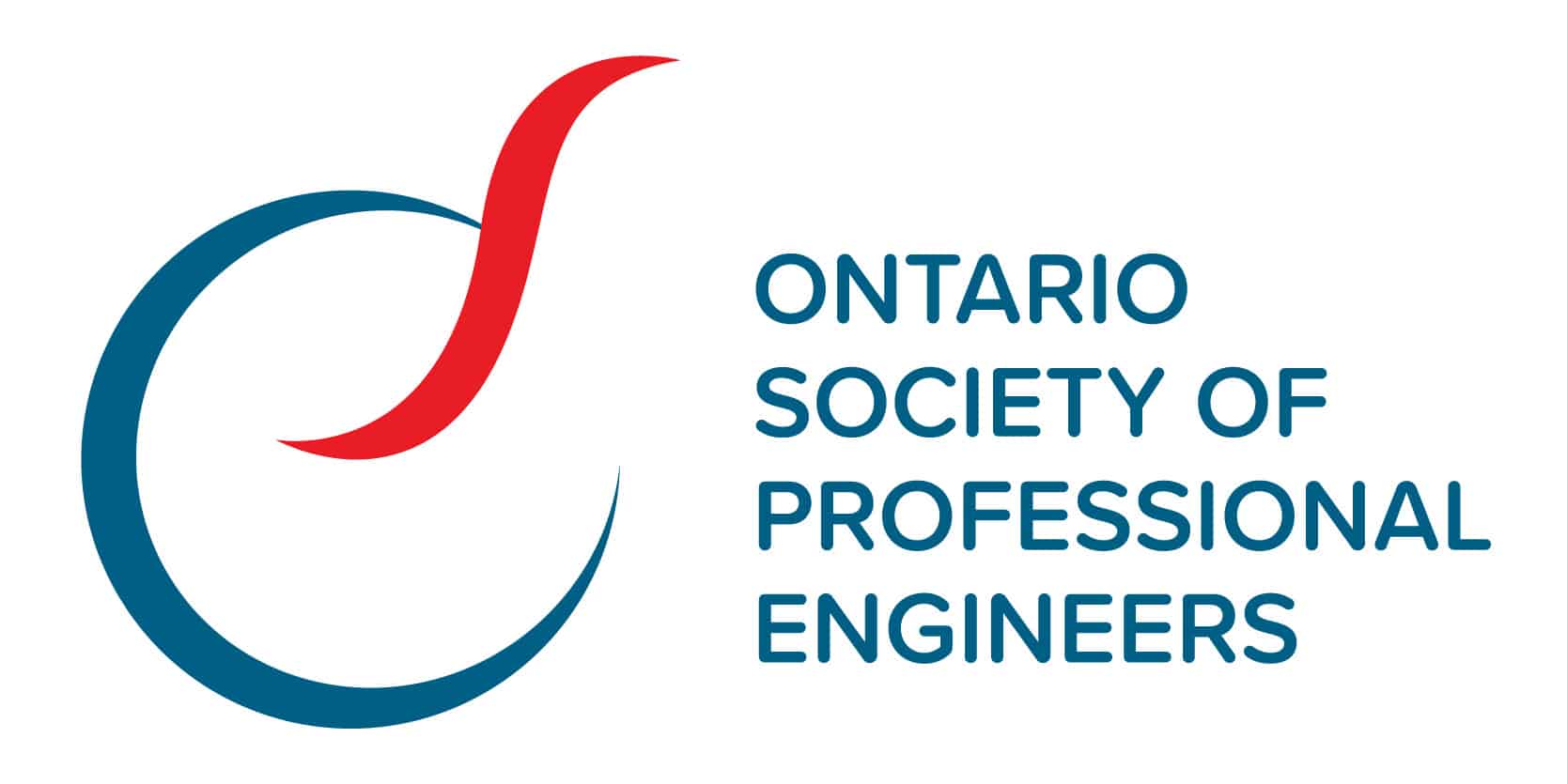
Explore the insights and experiences of Dr. Maryam Davoudpour, a distinguished academic from the Faculty of Applied Sciences & Technology at Humber and former Chair at IEEE Toronto Section. With a wealth of expertise in electronics engineering and a passion for nurturing future innovators, Dr. Davoudpour shares her journey, pivotal moments, and visions for the future of engineering education and research.
Tell me a bit about yourself & your background.
I completed my undergraduate degree in Electronic Engineering, followed by a Master’s and Ph.D. in the field of Information Technology and Control Systems. I have focused on complex programs for control systems throughout my academic and professional career, which spans nearly 15 years across various institutions in Canada. Additionally, I completed two postdoctoral fellowships in Canada. Currently, I serve as the Women in Engineering Chair IEEE Toronto Section, IEEE Canada, Vice-Chair for Educational Services and Professional Development Coordinator for IEEE Canada, actively contributing to the field’s advancement.
Can you share a pivotal moment from your childhood that ignited your curiosity in electronics engineering, and how did it shape your career path?
I remember a time from my childhood when one of my talking dolls stopped working. I was so upset because it was a favorite toy of mine. When it stopped working, I was determined to fix it. My grandpa had a great discussion with me about how it might be repaired, and I think that was one of the early moments that sparked my interest in engineering. From then on, I would often dismantle cars and other toys with my younger brother, eager to understand how they functioned. Looking back, I realize that my childhood was filled with moments driven by curiosity and a desire to understand the world around me.
As the former Chair of IEEE Toronto, what strategies do you implement to bridge the skills gap in Ontario and foster collaboration between industry and educational institutions?
My collaboration with IEEE began during my undergraduate years, many years ago. I was eager to access published journals, which was quite challenging at the time due to limited resources. Despite the difficulties, my peers and I made efforts to find and access journals. This experience led me to realize the importance of active student involvement to meet market demands. Upon moving to Canada, I continued my involvement with IEEE, taking on various roles until I became a chair. As Chair, I noticed a focus solely on education, stemming from elementary to higher levels, prompting me to initiate projects aimed at bridging this gap. One notable project involved supporting a colleague in creating educational activities centered around robotics, which teachers could integrate into their classrooms. I remain committed to addressing challenges within the engineering field, particularly the lack of awareness among families regarding engineering careers. To tackle many challenges, and help newcomers to be settled, I organized free workshops and courses, ensuring accessibility for peers and members.
Could you elaborate on the role of Humber College in facilitating applied research opportunities for students in the field of electronics engineering?
Humber is very supportive, especially in applied research activities and projects. We have a dedicated research department and faculty members who actively support and contribute to various ideas. Students here are fortunate as the focus is on creating successful real stories and nurturing successful students. For electronics engineering students, our testing facilities are top-notch, offering facilitated labs and a comprehensive range of equipment and instrumentation. This setup provides numerous benefits and opportunities for students to engage in cutting-edge research alongside faculty members who dedicate significant time to writing and conducting research. Overall, our institution boasts excellent research capabilities and resources.
How has your background in electronic engineering and your experiences studying in different countries influenced your approach to research and teaching at Humber FAST?
I grew up in the middle east and lived and studied in Europe before coming to Canada. This experience showed me how people from different backgrounds think differently, which has helped me understand and appreciate diverse cultures. Working in a multicultural environment here has been beneficial, as it allows me to apply insights gained from experiencing various standards and approaches in different countries to my work with students. Considering the multicultural nature of our country, it’s valuable to incorporate perspectives from individuals from diverse backgrounds into our work.
You’ve accomplished remarkable achievements in a short time. Could you discuss a particularly challenging project you’ve worked on and how you overcame obstacles to achieve success?
One of my challenges arose with a health care project during the pandemic. Prior to that, we had secured a significant grant, the NFRF fund, and collaborated with St. Michael’s Hospital. However, just as we received the grant, the COVID-19 pandemic hit. Our project, which focused on testing and working closely with people at the ICU, couldn’t proceed as planned. The project received approval in March 2020, coinciding with the onset of the pandemic. This presented a major hurdle for our team to overcome. Despite facing many obstacles, we persevered, adapting to the circumstances. One positive outcome was our development of a remote Data Acquisition machine(DAQ), allowing us to continue our work virtually. Despite the challenges encountered in both research and teaching, we found innovative solutions to keep moving forward.
What excites you the most about teaching at Humber FAST, and how do you incorporate your passion for research into your teaching methods?
Over the past decade, I’ve had the opportunity to work in various locations, each offering unique insights into supporting faculty and students. One standout aspect is the emphasis placed on fostering a conducive environment for both students and faculty members. It is particularly rewarding to work within multicultural systems and environments, as they provide rich opportunities for learning and collaboration across different fields and faculties. Additionally, the abundance of updating and upgrading opportunities adds to the dynamic nature of the work environment. In my experience, the true value of research and teaching lies in its real-world impact. Incorporating examples from my projects or experiences in healthcare systems into engineering courses adds practical relevance to the curriculum. By sharing relevant anecdotes and successful stories, students are better engaged and motivated to delve deeper into the subject matter. Whether through assignments, discussions, or lectures, I aim to facilitate learning by contextualizing information and providing tangible examples that resonate with students’ experiences.
As a trailblazer for women in engineering, what advice would you offer to young women who aspire to pursue a career in STEM fields?
I consider myself just a simple faculty member among many successful researchers, both men and women. What sets individuals apart is often their perseverance and determination. My advice to you is simple: don’t give up. Keep pushing forward without letting frustration hold you back. Unfortunately, in many countries, we still see disparities in how women are treated compared to men. But for anyone who feels like they’re in the minority, it’s essential to continue proving yourself and believing in your potential. So, my message is clear: don’t stop. Keep going.
In your opinion, what are the key attributes or skills that aspiring engineers should cultivate to thrive in the ever-evolving landscape of technology?
Engineers are often active learners during their whole life. They are those learners who continuously seek knowledge. This is the mindset that drives their work and innovation. Engineers have a unique way of thinking and problem-solving, which allows them to create the technology and systems that shape our world. Every machine, computer, cars, roads or system we use today has been influenced by engineers. This demonstrates the importance of being open to learning. As engineers, we must embrace the idea that there is always more to learn, and this curiosity and drive to learn are at the core of engineering.
As someone deeply involved in both academia and industry, how do you envision the future of electronics engineering education and its integration with real-world applications?
Electronics is ubiquitous worldwide. It underpins every device and system we encounter, from smartphones to appliances. While the presentation format of electronics knowledge may evolve, its fundamental principles remain unchanged. Innovations may alter the layout of printed circuits or integrate various devices, but electronics continue to facilitate and enhance our lives. Looking ahead, the need for electronics and its conceptual understanding will persist, albeit with evolving methods of introduction and application.
Can you share a memorable teaching moment where you witnessed the impact of nurturing curiosity and fostering active learning among your students?
Whenever students take programming courses, I’m always thrilled to witness their progress. In the first session, when they start working with the program and see the results, their excitement fills me with joy. Witnessing that “a-ha” moment when they grasp something for the first time is incredibly rewarding. Sometimes, I teach first-year programming courses, and, I observe their faces light up with understanding. It’s gratifying to see them realize that they’re acquiring new skills and gaining confidence. Similarly, during research, when I supervise students and they receive their first response after a period of uncertainty, their expressions transform. Even graduate students exhibit this transformation, and I cherish these moments of progress and collaboration with my students.
Learn. Grow. Thrive. Together.
National Engineering Month is Ontario’s platform for celebrating the remarkable world of engineering. With a dynamic mix of insightful discussions, industry expertise, and diverse viewpoints, we’re showcasing the best of the profession. Join us in advancing engineering excellence, igniting interest in future professionals, and recognizing the vital role engineers play in society. Be a part of the #NEM2024 experience by attending an event. Explore all the exciting details at nemontario.ca.


